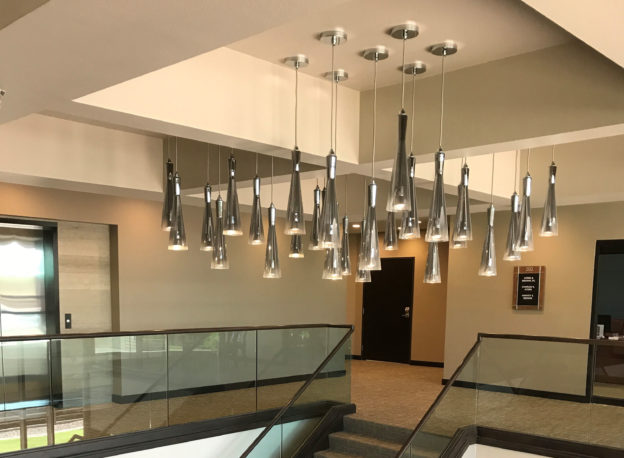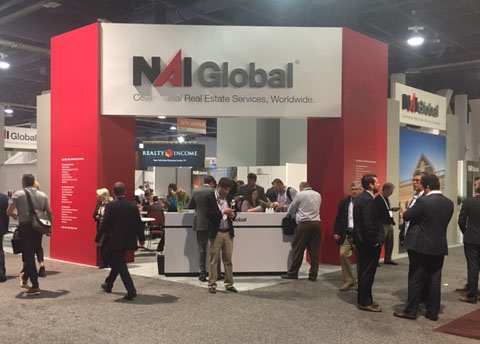
The aging of the mobile home stock and lack of dependable and economical chattel financing has resulted in the inability of many mobile home owners to replace older, substandard homes in rental parks.

Russ Warner | NAI Horizon
In what may soon be considered the most significant development in the manufactured housing industry in several decades, Jeffery R. Hayward, Fannie Mae’s Executive Vice President and Head of Multifamily, announced at the 2017 Manufactured Housing Communities of Arizona Conference (MHCA) in Chandler, Ariz., that Fannie Mae will soon be initiating a chattel lending program.
Fannie Mae has been in discussion for several months with manufactured housing industry professionals to develop a plan whereby it would provide a lending platform for federally insured chattel loans to mobile home buyers in land-rent mobile home parks.
A pilot program is under development and is expected to be implemented in 2018. Paul Barretto of Fannie Mae Product Innovation and Affordable Lending reminded participants that public comments are due July 10, 2017.
The decision to provide chattel financing for manufactured housing owners in land-rent parks was a result of the “Duty to Serve” provisions of the Federal Housing Enterprises Financial Safety and Soundness Act of 1992 as amended by the Housing and Economic Recovery Act of 2008. This statute requires Fannie Mae and Freddie Mac to serve three specified underserved markets: manufactured housing, affordable-housing preservation, and rural-housing markets.
The aging of the mobile home stock and lack of dependable and economical chattel financing since Green Tree Financial faltered in the late 1990s has resulted in the inability of many mobile home owners to replace older, substandard homes in rental parks. Park owners typically lack the capital to acquire and finance the acquisition of new homes; tenants typically lack the financial ability to buy new homes for cash.
Over the past several decades, homes built in the 1960s, 1970s and 1980s — when affordable chattel financing was available to mobile home owners — have deteriorated and/or have become obsolete.
New mobile homes sales have been relatively tepid the past few years not because of the lack of demand, but because financing options have not been affordable to most end users. Often, chattel lenders require FICO scores above 650 or 700 for borrowers to qualify. The result has been that vacancies in many mobile home parks have not been filled and lower income citizens have not been served.
The housing market recovery has pushed housing prices and apartment rents to new highs. And as the affordability of single-family homes and apartments has fallen, the pent-up demand for manufactured housing has risen.
The development of an efficient financing vehicle will help improve the affordability and availability of manufactured housing, expand the supply of safe low-cost housing, and increase the need for skilled workers in the manufactured housing industry and the industry’s suppliers.
A successful rollout of Fannie Mae’s chattel lending program will be a blessing to the industry and to those seeking more affordable and safe housing alternatives.
Additional information is available from Susan Brenton, Executive Director of Manufactured Home Communities of Arizona. Susan has been directly involved, along with the MHCA board of directors in helping to provide public input for the Fannie May “Duty to Serve” Program.
Susan can be reached at: Susan Brenton
Executive Director
Manufactured Housing Communities Arizona
Phone: 480.345.4202
Email: [email protected]
Link to “Duty to Serve” Program Website: http://www.fanniemae.com/portal/about-fm/duty-to-serve.html
Russ Warner is a Senior Vice President in the Manufactured Housing Group at NAI Horizon. He has brokered MH communities and RV resorts for almost 20 years. He has been involved in the sale of more than $250 million in RV and mobile home parks.





